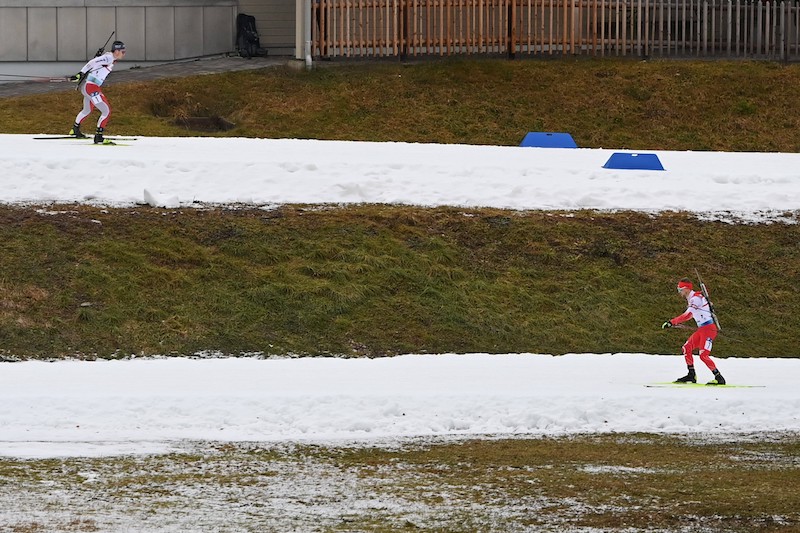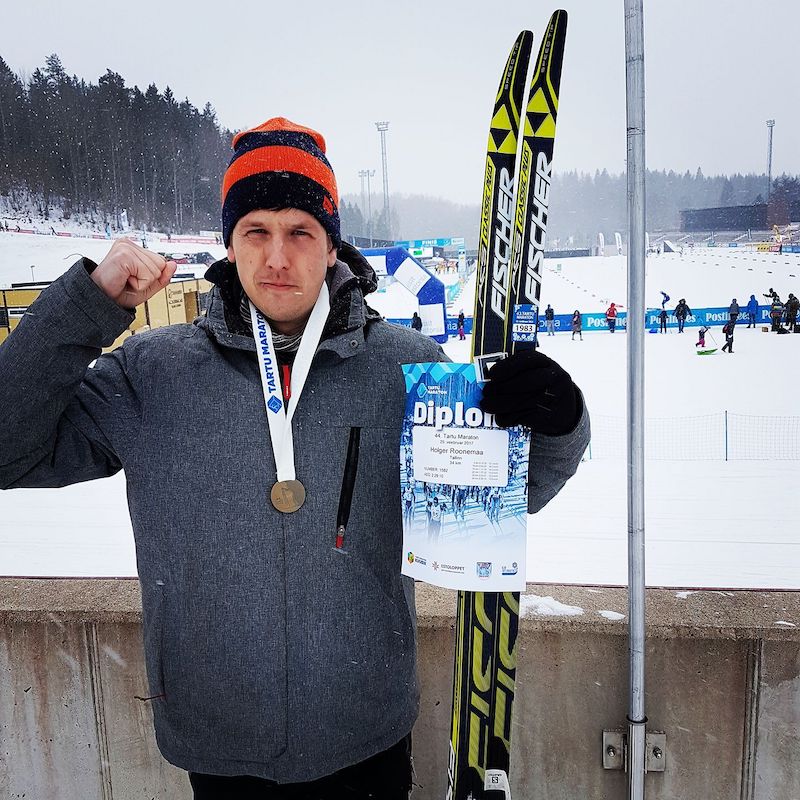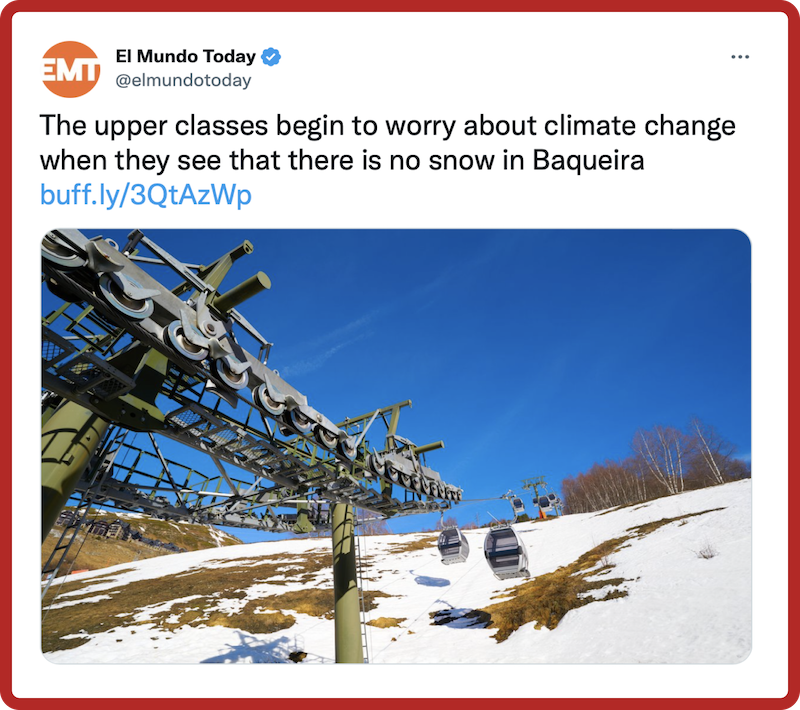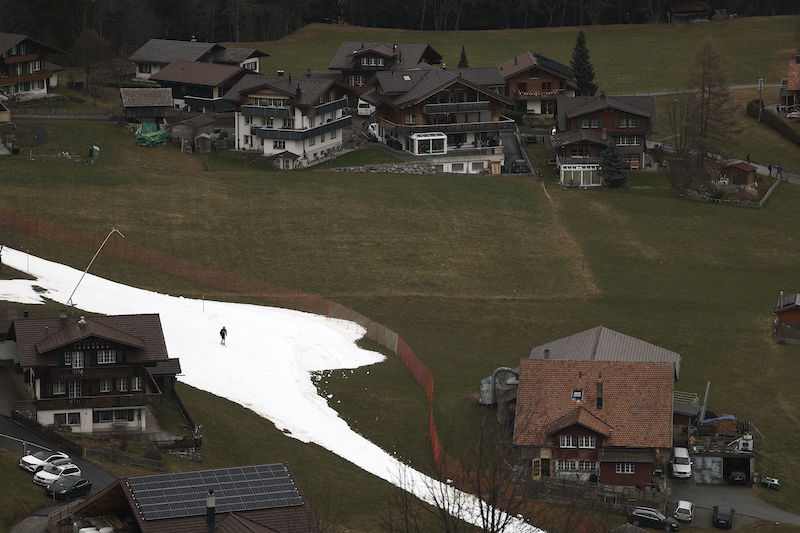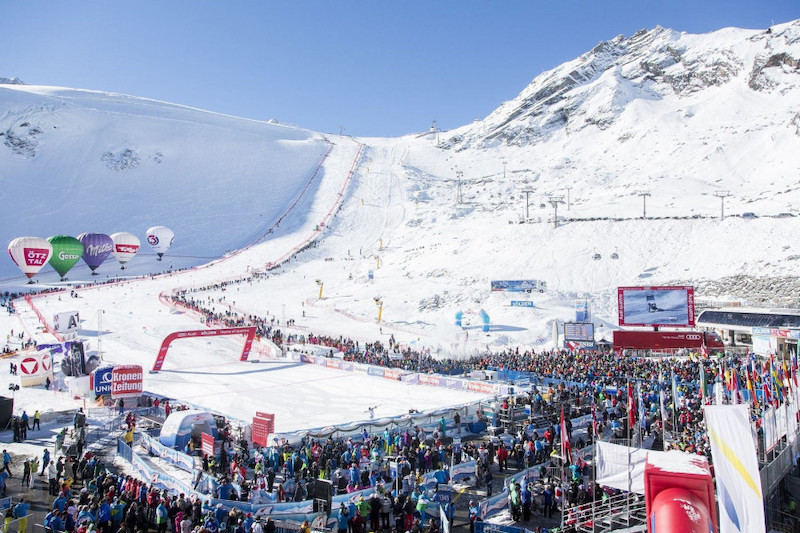Germany is a winter sports nation, as measured by its 434 Winter Olympic medals and its 14 million citizens who take to the slopes every year. So it should come as no surprise that the country’s penchant for skiing and snowboarding has developed into a multi-billion euro industry.
2.3 percent of Germany’s yearly GDP comes from sport and its associated spending. Winter sports rake in one fifth of that share (about 15 billion euros), while only requiring one fiftieth of the country’s athletic infrastructure expenses.
Such robust profit margins incentivised about 400 southern municipalities to invest heavily in impeccable ski slopes. But winter sports tourism needs one essential ingredient: snow – and less of it is falling every year.
Bavaria hosts eight of Germany’s ten biggest ski resorts. Climate change, however, is not on the region’s side, as the average annual temperature in the Bavarian Alps has increased by 1.5 degrees in the last 60 years.
Piling onto that is the need for more energy-intensive snow cannons. One hectare of artificially powdered ski slopes requires up to three million litres of water (or 20,000 bathtubs), and Germany has no less than 93,000 hectares of track to maintain. Even with the cannons at work, half of Bavaria’s ski resorts are at risk of vanishing within the next 20 years.
Despite existential threats and a swelling ecological footprint, winter sports in Germany remain a lucrative business for now. Lucrative enough to host a recent biathlon in the Bavarian town of Ruhpolding, despite no snowfall or sub-zero temperatures. But as the climate and energy crises rage on, the price to pay for a pure white terrain risks becoming unsurmountable.


